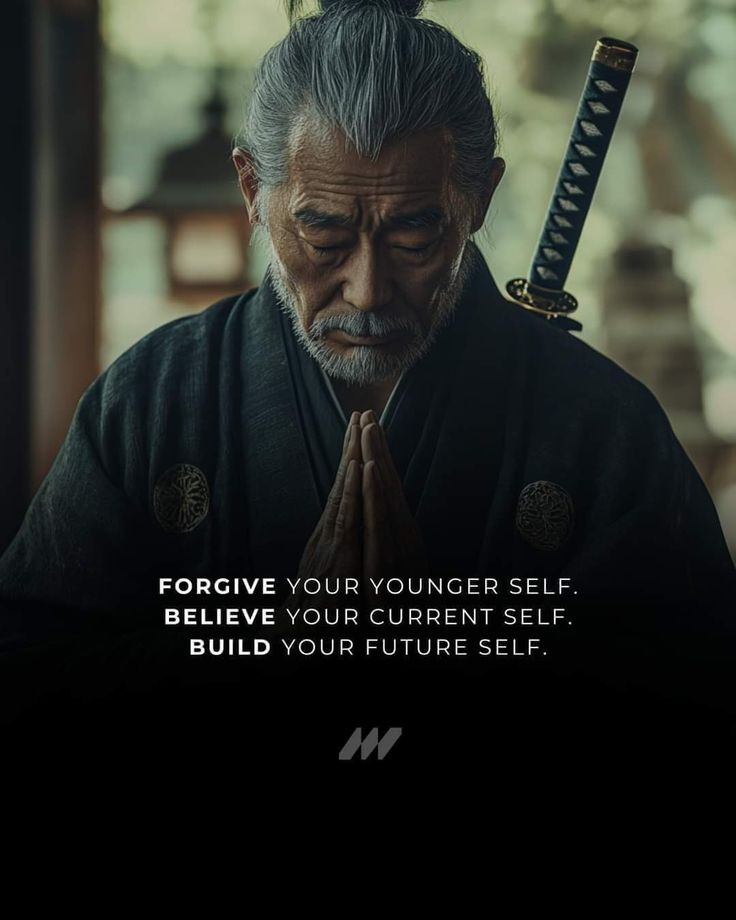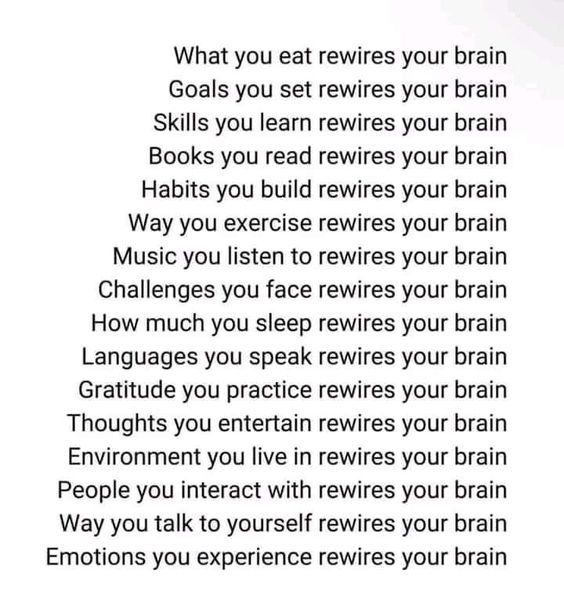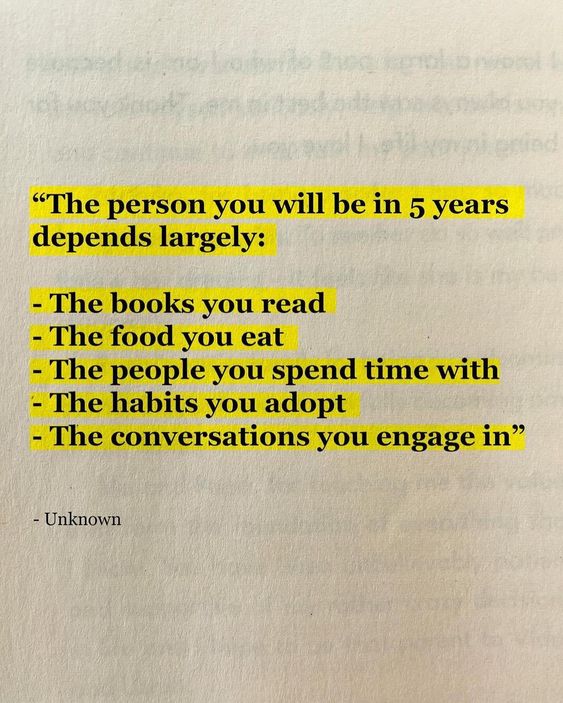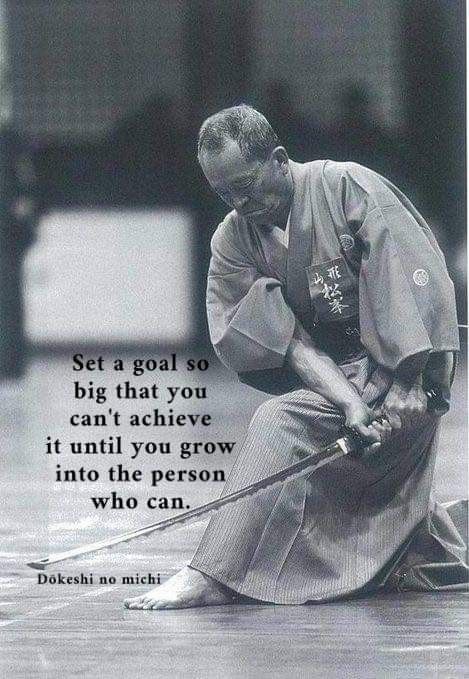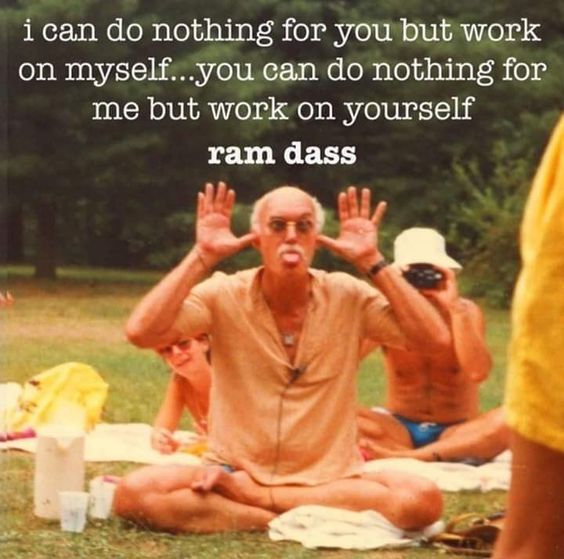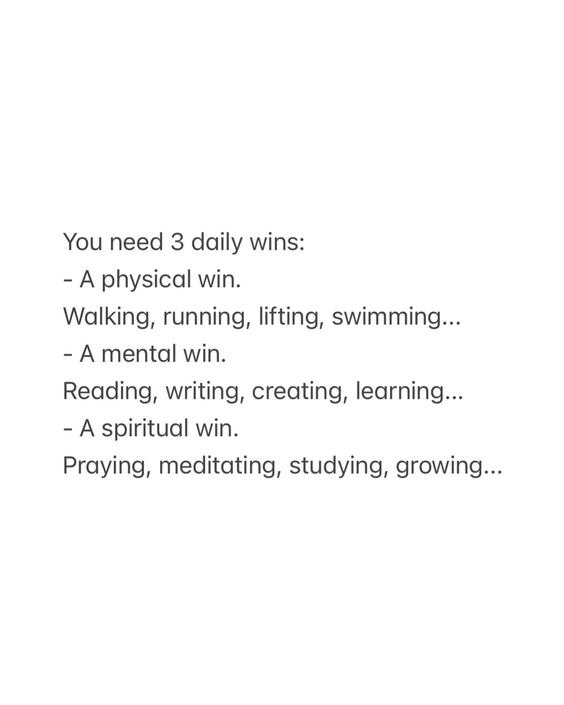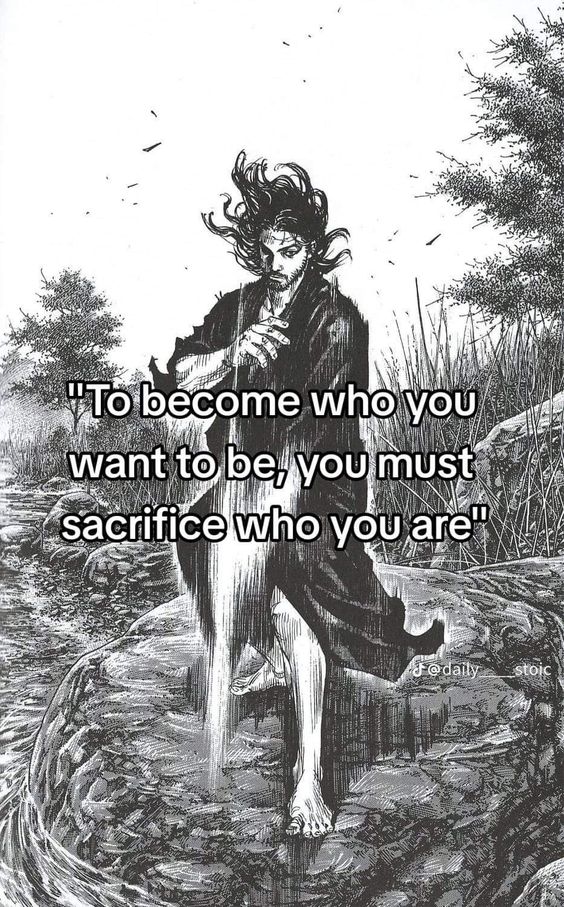“Queen Elizabeth inherited the monarchy. Marcus Aurelius was selected for the purple as a boy. But it wasn’t the throne that made either of them kingly, it was their behavior. They were what the ancients called first citizens, for their character as much as their rank. As Marcus said, his aim was never to be the most powerful king, never to conquer the most territory, or build the most beautiful buildings. Instead, he was after ‘perfection of character: to live your last day, every day, without frenzy or sloth or pretense.’ It just happens that wonderful external accomplishments, like those achieved by Elizabeth and Marcus, can come out of internal endeavor. They are not the goal, they are the byproduct.”
Ryan Holiday, Discipline Is Destiny (Page 283)
“Socrates didn’t know much. There wasn’t much he held for certain. But he was sure, he said, that ‘we cannot remain as we are.’ It doesn’t matter who you are. It doesn’t matter what you’ve done. Nobody is as good as they could be. Nobody is perfect. Everybody can improve. There are few self-fulfilling prophecies more important or more dangerous than this. If you think you have room to grow, you do and you will. If you think you’re as good as you can be… you’re right. You won’t get any better.”
Ryan Holiday, Discipline Is Destiny (Page 187)
“See yourself as the president of your own ‘Personal Services Corporation.’ Imagine that you were going to take your company public on the stock market. Would you recommend your company as a growth stock, continually increasing its value and earning ability each year? Or would you describe your company as one that has leveled off in the market place, that is not really going anywhere in terms of increased value and income? Would you recommend stock in ‘You, Inc.” as an excellent investment? Why or why not?”
Brian Tracy, via No Excuses! (Page 81)
“Growth is not as smooth as people think. It is painful… and the greatest pain comes when you have to go against your likes and dislikes. But who is this that goes on saying, ‘This I like and this I don’t like?’ This is your old mind, not you. If it is allowed, there is no way to change. The mind will tell you to stay in the old rut, because it likes that. So one has to come out of it. The old has to die for the new to be born. The old has to go for the new to come. If you go on clinging to the old, there is no space for the new to come in.”
Osho, Everyday Osho (Page 229)
“The toxicity of self-discipline occurs when it is shame-driven, when you buy into a narrative that you are worthless or a failure for not being disciplined. I try to view both self-discipline and self-care as tools/skills. It’s important to be able to do hard things when necessary. But that doesn’t mean doing hard things is always necessary. Similarly, it’s important to be able to slow down and enjoy yourself when necessary. But that doesn’t mean slowing down and enjoying yourself is always necessary.”
Mark Manson
“Even if you have drifted off the path. Marcus Aurelius tried to remind himself that there was a spring of goodness inside of him and that no matter what he or anyone shoveled on some of it, it was still there, still fresh and new and ever-flowing. The Stoics did not believe in original sin. They did not think we were hopelessly broken. They believed that being who we were—living well, living as our nature intended us to live—was always possible. You might be low and awful right now, Marcus Aurelius writes in Meditations, but in just a few days you can be worthy of being seen as a god. He was telling himself he just had to go back to the teachings, go back to his principles, go back to the spring.”
Ryan Holiday


